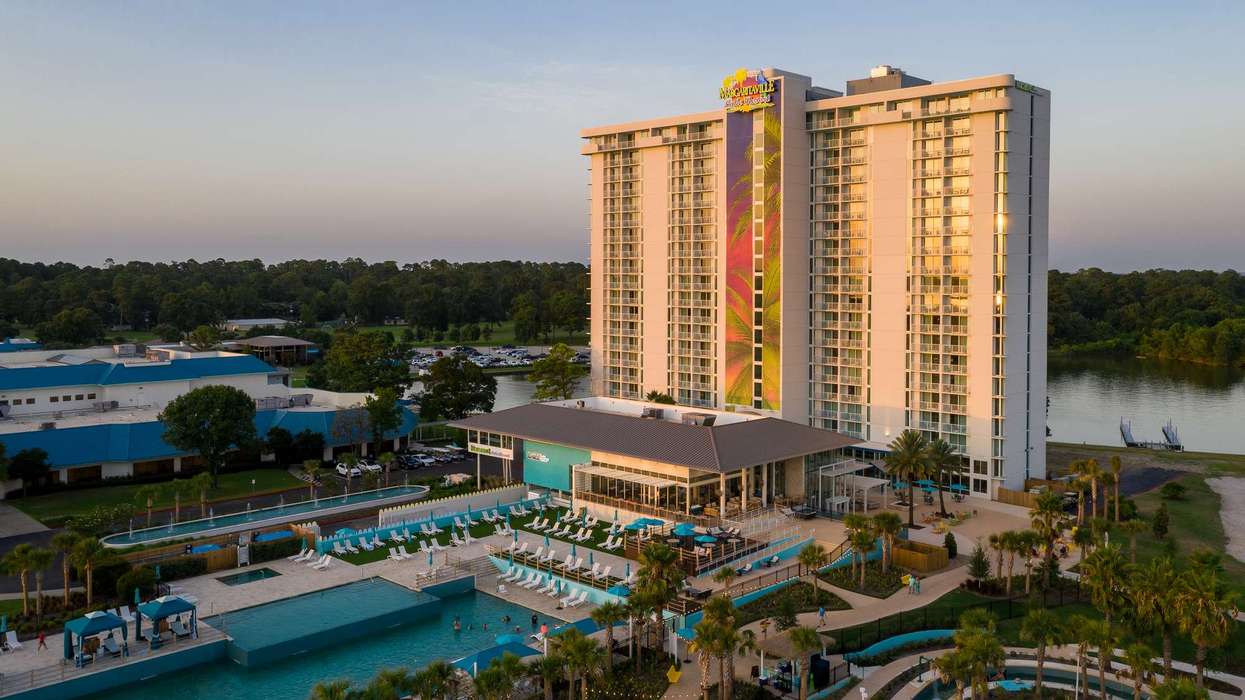UNDER THE CURRENT circumstances, those hotels that remain open are generally experiencing such low occupancy that employees may not have enough work just taking care of the few guests. But the COVID-19 pandemic has provided a new emphasis on an old chore – cleaning.
“We don't want to cut the housekeeper's hours so we have her do the laundry that we used to send to a linen service,” Samina “Sam” Sharp, principal at The Silver Vista Group in San Jose, California, said. “She also helps do some deep cleaning and other tasks to make up the time.”
Cleaning while keeping safe makes the task a little more time consuming, said Nancy Patel, a Knights Inn owner in Corpus Christi, Texas.
“We wait 24 hours to pull a room. That’s for the safety of our staff,” Patel said. “Then we’ll go pull 24 hours later, everything, bedspreads, everything comes out. And then we wait three days to clean it.”
They rotate rooms through the process, she said.
“What we do is take section by section and we’ll start deep cleaning. We’ll move the beds out, pull them up and do the deep, deep cleaning,” Patel said. “Those rooms take a couple of hours to finish, so that gives ‘em work.”
Larger companies also are recognizing the need for a new focus on cleanliness.
A council on cleanliness
Marriott International recently formed the Marriott Global Cleanliness Council to focus on developing new cleanliness standards, norms and behaviors that minimize risk and enhance safety for consumers and Marriott associates.
“We are living in a new age, with COVID-19 front and center for our guests and our associates,” said Arne Sorenson, Marriott’s president and CEO. “We want our guests to understand what we are doing today and planning for in the near future in the areas of cleanliness, hygiene and social distancing so that when they walk through the doors of one of our hotels, they know our commitment to their health and safety is our priority. It’s equally important to us that our associates know the changes we are making to help safeguard their health as they serve our guests.”
Ray Bennett, Marriott’s chief global officer for global operations, will chair the council. The council also includes advisory members Dr. Ruth Petran, senior corporate scientist for food safety and public health at water sanitation provider Ecolab; Dr. Michael Sauri, infectious disease specialist at Adventist Healthcare in Maryland; Dr. Richard Ghiselli, head of the School of Hospitality & Tourism Management at Purdue University; and Dr. Randy Worobo, professor of food microbiology in the Department of Food Science at Cornell University.
“Through the council and scientific advice of experts, we are taking a thoughtful approach to set an even higher bar of cleanliness and develop new guest interaction protocols,” said Bennett. “The Marriott Global Cleanliness Council is focused on more than just disinfection across the hotel, we are providing a holistic approach designed to take care of our guests and associates.”
Some of the new technology Marriott will employ in its new push for cleanliness are electrostatic sprayers with hospital-grade disinfectant to sanitize surfaces throughout the hotel. The sprayers can rapidly clean and disinfect large areas such as guest rooms, lobbies and other public areas.
In addition, the company is testing ultraviolet light technology for sanitizing keys for guests and devices shared by associates.
Marriott also is changing its procedures, particularly toward treatment of high-touch surfaces like doorknobs and elevator buttons. Those surfaces will be cleaned more regularly with hospital-grade disinfectants and disinfecting wipes will be provided to guests.
Marriott hotels now will have more signs in lobbies and public spaces encouraging social distancing, and furniture will be removed or rearranged to provide more room. The company is considering installing partitions at front desks and making masks and gloves available to employees.
It is installing more hand sanitizing stations at hotel entrances, front desks, elevator banks and fitness and meeting spaces. Guests will be able not only to check in using phone apps, but also to order room service meals that will be specially packaged and delivered to the door with no contact.
Marriott also is putting in place new food safety procedures and guidelines. They include more training for food handlers, increased self-inspection with validation by independent audits and a re-designing of in-room dining and buffets.
Safety first
Sharp said another reason sanitation is important is the safety of her employees. In particular, ensuring their safety when the hotel is used to house first responders and even COVID-19 positive individuals under care by government agencies.
“I'm very supportive of providing hospital beds and rooms for essential workers, but not if we cannot procure hospital grade personal protection equipment or cleaning and sanitation equipment,” she said. “Our guests matter to us, but so do our employees who we are working with every day. They are extended family to us. We've got to do our best to put them first. In my hotel I've dropped off latex gloves when I can find them, even giving them my entire personal stash. I don't put financial limits on what they order from supply companies to stay safe.”





